Expressing Your Anger at Work

Getting frustrated at work is common. However, how you express it or don’t, may greatly influence the environment that you’re in, as well as future opportunity. While expressing your anger at work may be generally frowned upon, there are certainly strategies that will help with this process. Consider these three tips below when expressing your […]
The Human Side of Business

In a featured article within Askmen.com titled Ways Relationships are like Business we explored the human side of business. The idea of businesses having more to do with people, relationships, connection and communication is a cornerstone of the work we do at Arc Integrated. Please see three ideas below on how relationships are like business. If […]
Inspiration and Engagement in the Workplace
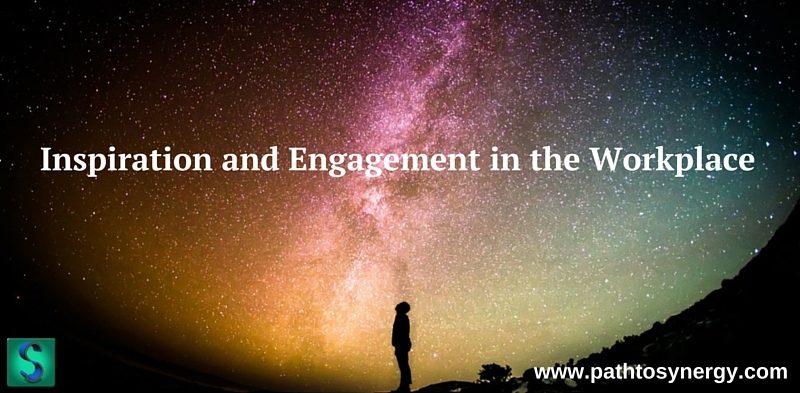
I recently wrote an article for a website called inspiremetoday.com. This article answered the question – “If you only had 500 words to share, what wisdom would you want to pass on to humanity” Of course this is a complicated question, but fun to answer. My answer consisted of ways to build inspiration, courage, congruence etc. […]
Trusting Your Intuition

Here is a challenge I’ve been having this week. How do I determine the difference between what my gut says vs. an old pattern I have or the difference between recognizing an intuition vs a fear? So why not write about it. There are definitely some questions I find helpful when exploring if/when to trust […]
The Best Way to Improve Productivity
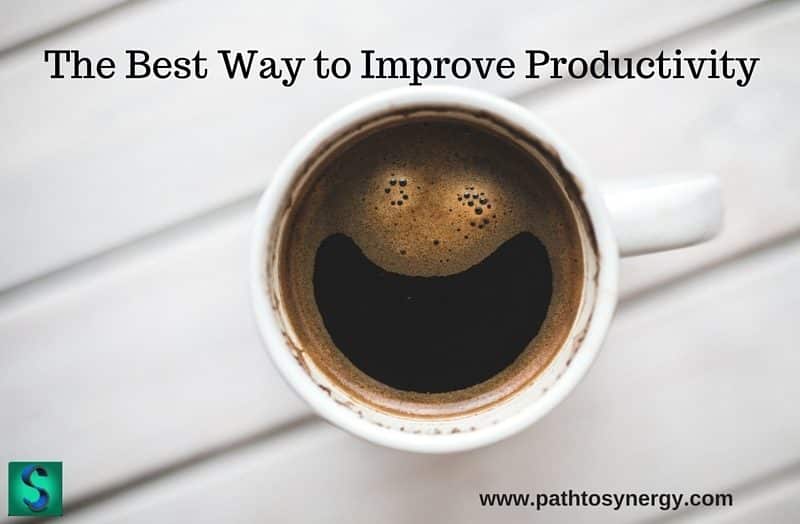
There are an endless amount of resources out there for how to improve productivity. In my search I did not find a definitive answer to the best way to improve productivity. I think there is an answer to this question though. The best way to improve productivity….is your way. Finding out ways to hack your […]
Growing Self-Discipline
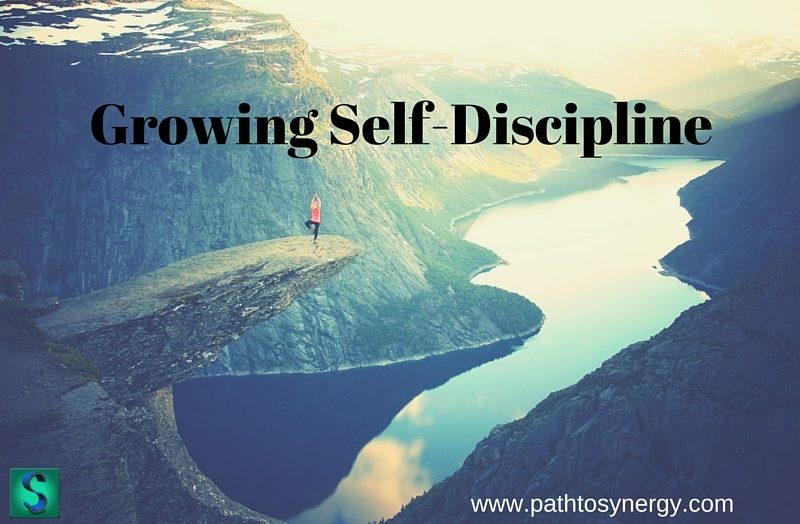
Discipline has been on my mind lots in the last few weeks, so I thought I would do some exploring. I am currently experimenting with a month long restricted diet (Whole30), definitely an act of discipline. However, not in a bad way. Most of the time when I explore ways of eating, exercise routines or […]
Telling Your Story

I recently wrote a guest post for The Cheerful Word on what it means to take a deeper look at your life story. I also just came back from a few days in WI, where I grew up. This trip had me thinking about my story and what informs my success, experience, challenges, relationships etc. […]
Maintain Change Through Coaching
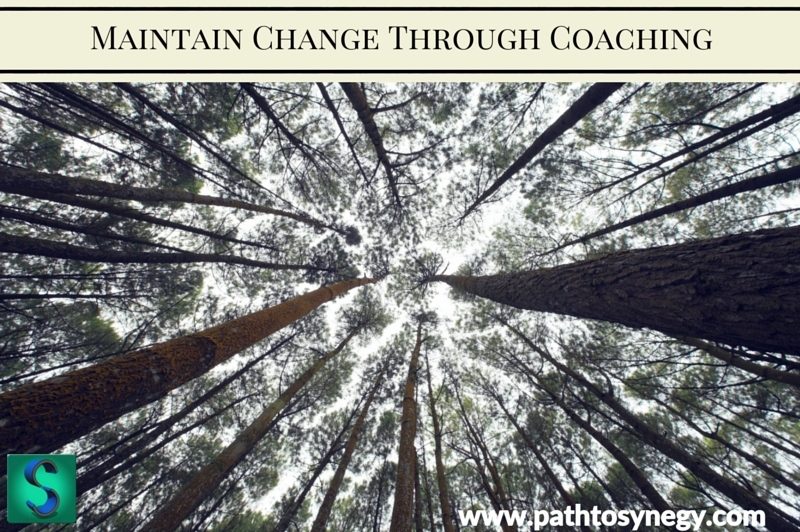
I was thinking recently about my own personal philosophy about how to really maintain change when searching for it, as well as how I bring this philosophy into my coaching practice. As with most things I do, I take a holistic approach, which is the same for my coaching philosophy. The following ideas can be taken […]
Purpose, Passion and Leadership

I was recently with a client and we were discussing coping methods. Coping methods are ways to deal with challenges that we face as well as ways we can help to reduce troublesome symptoms we are dealing with. There are many traditional coping strategies – breathing techniques, exercise, meditation, walking, art, distraction methods, spending time […]
The Power of Personal Development Coaching
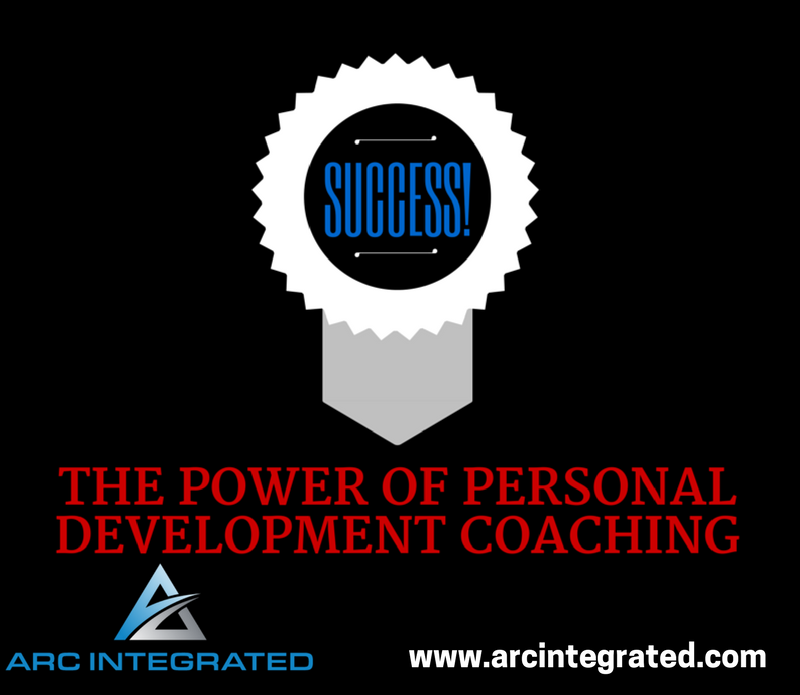
I was inspired by a good friend who asked me once – “Why would someone hire a coach?” My thinking is that personal development coaching is relevant to any type of coaching. It’s relevant because exploring our beliefs, behaviors, aspirations and expectations are reflected in our career, relationships or any change we are seeking. These […]